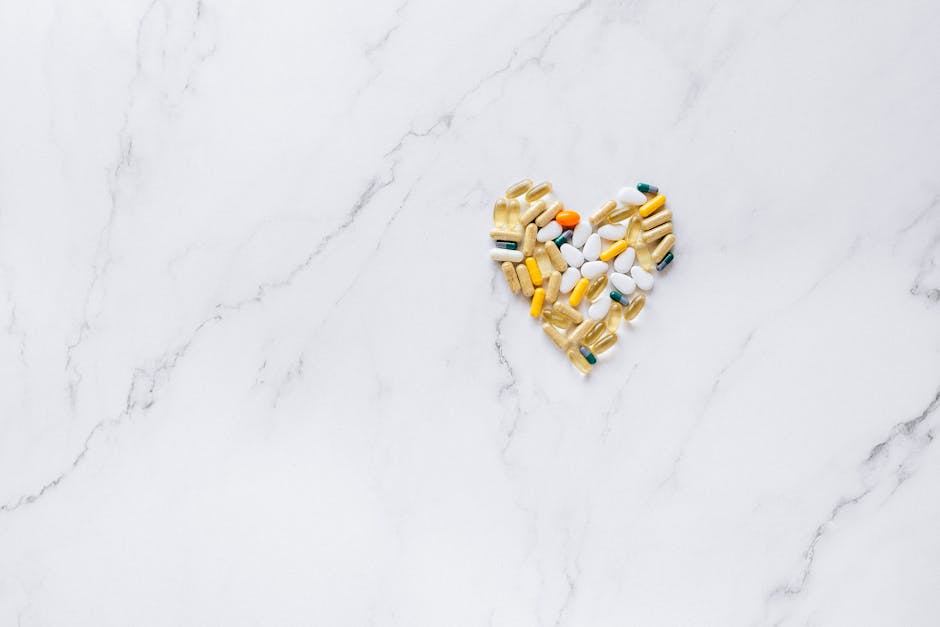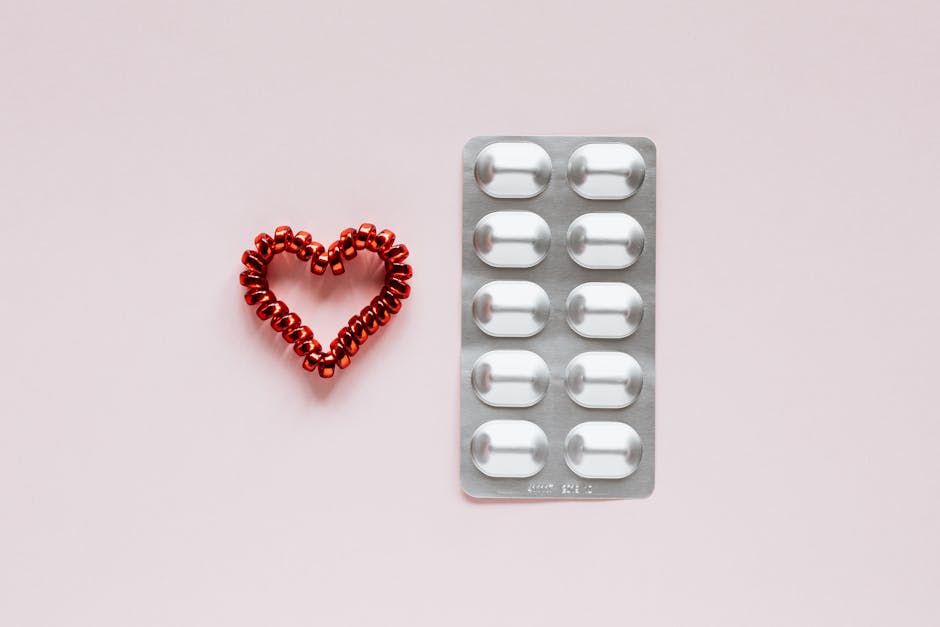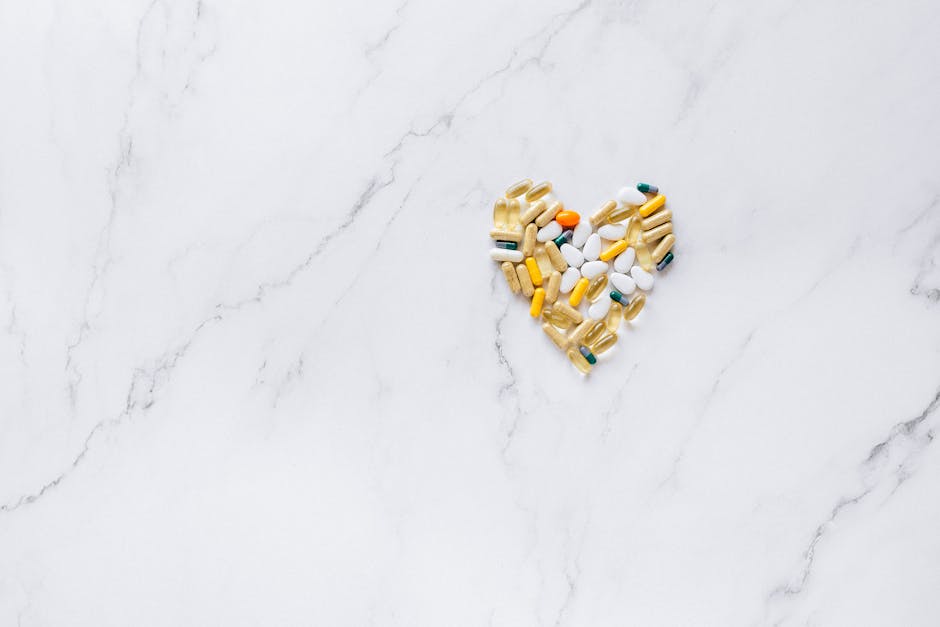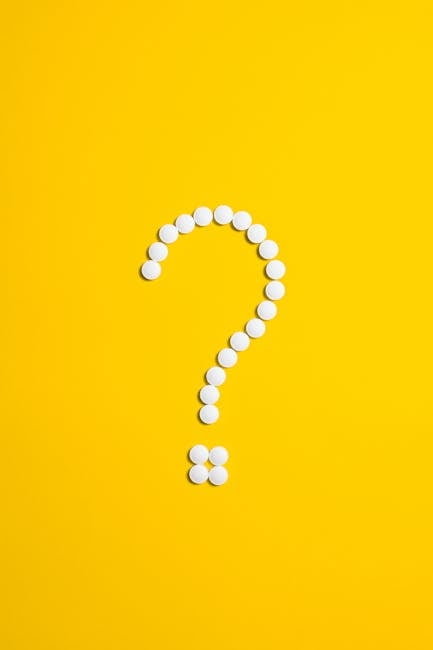Your Love Is My Drug: Exploring the Allure and Danger of Addictive Love
The Allure of ‘Your Love Is My Drug’
The phrase “Your love is my drug” evokes a potent image: an intoxicating, all-consuming passion that leaves one breathless and craving more. It speaks to the addictive nature of romantic love, a feeling so intense it can feel both exhilarating and terrifying. This potent metaphor, frequently used in popular culture and personal expression, taps into the primal human need for connection and belonging, but it also highlights the potential dangers of a love that borders on obsession.

The comparison to a drug is not accidental. Just as a drug provides a temporary escape from reality and a rush of euphoria, intense romantic love can offer a similar escape. The initial stages of a relationship, the honeymoon phase, are often characterized by heightened emotions, intense focus on the beloved, and a feeling of being utterly consumed. Dopamine, the neurotransmitter associated with pleasure and reward, floods the brain, creating a sense of heightened well-being and satisfaction. This intense biochemical reaction fuels the addictive cycle, leading to a craving for more of that feeling, more of the other person.
The Science of Love Addiction
Neuroscientists have found remarkable similarities between romantic love and addiction to substances. Brain imaging studies show that the same brain regions are activated during both experiences, particularly those associated with reward and motivation. The release of dopamine, norepinephrine, and phenylethylamine, all powerful neurochemicals, contribute to the euphoric feeling and intense craving. This explains why individuals in the throes of passionate love can exhibit behaviors similar to those seen in substance addiction, such as obsessive thinking, intense cravings, and a willingness to ignore potential risks.
However, unlike drug addiction, love addiction is a more complex phenomenon. While the neurochemical mechanisms overlap, the emotional and psychological components are far more intricate. Love addiction often stems from deeper insecurities, unmet needs, or past traumas. The intense connection provides a sense of validation, security, and purpose, potentially filling a void that has existed for a long time. This makes it more difficult to simply “quit” the relationship, even when it is clearly unhealthy or destructive.
The Dark Side of Addictive Love
While the initial rush of love can be intoxicating, the long-term implications of an addictive relationship can be devastating. The obsessive focus on the partner often leads to neglect of other important aspects of life, such as work, friendships, family, and hobbies. The intense emotional dependence can leave the individual vulnerable to manipulation and abuse. The constant need for validation and reassurance creates a precarious emotional imbalance, leading to anxiety, depression, and low self-esteem.
Recognizing the Signs of Addictive Love
- Obsessive thinking: Constantly thinking about the partner, even to the exclusion of other thoughts and activities.
- Neglecting personal needs: Ignoring personal health, hygiene, work, or social life in favor of the relationship.
- Low self-esteem: Feeling inadequate or unworthy without the partner’s approval or attention.
- Loss of independence: Feeling unable to function or make decisions without the partner’s input.
- Ignoring red flags: Overlooking signs of abuse, manipulation, or disrespect in the relationship.
- Extreme jealousy and possessiveness: Exhibiting controlling behaviors and a constant need to monitor the partner’s activities.
- Withdrawal symptoms: Experiencing intense anxiety, depression, or anger when separated from the partner.
Breaking Free from Addictive Love
Breaking free from an addictive love relationship is a challenging but crucial step towards emotional health and well-being. It requires self-awareness, courage, and a commitment to personal growth. Seeking professional help is often essential, as therapists can provide guidance and support in navigating the complex emotions and behaviors associated with addiction.
Strategies for Recovery
- Therapy: Cognitive behavioral therapy (CBT) and other therapeutic approaches can help identify and challenge negative thought patterns and unhealthy behaviors.
- Support groups: Connecting with others who have experienced similar challenges can provide validation, support, and a sense of community.
- Self-care: Prioritizing personal well-being through healthy habits, such as exercise, meditation, and mindful practices.
- Setting boundaries: Establishing healthy boundaries to protect oneself from manipulation and unhealthy behaviors.
- Rebuilding self-esteem: Focusing on personal strengths and accomplishments to cultivate a sense of self-worth.
- Building a support network: Connecting with friends and family who offer unconditional love and support.
The Healthy Path to Love
While the intensity of addictive love can be captivating, it’s important to remember that healthy love is characterized by mutual respect, trust, and emotional balance. It’s about finding a partner who enhances your life without consuming it. It’s about a connection that supports your growth and independence, not one that confines or controls you. The difference lies in the nature of the connection: healthy love nourishes and empowers, while addictive love suffocates and enslaves.

Recognizing the signs of addictive love is crucial, as it allows for early intervention and prevents further emotional damage. If you find yourself trapped in a relationship that feels more like a prison than a partnership, remember that you are not alone and there is help available. Breaking free from addictive love is a journey that requires courage, perseverance, and self-compassion. But the reward—a life filled with healthy relationships and emotional well-being—is worth the effort.

Ultimately, the metaphor “Your love is my drug” serves as a powerful reminder of the intoxicating nature of love, but also its potential to be destructive. Understanding the science behind this potent connection, and recognizing the signs of unhealthy dependence, allows us to navigate the complexities of love with greater awareness and ultimately, find a path towards healthier, more fulfilling relationships.





